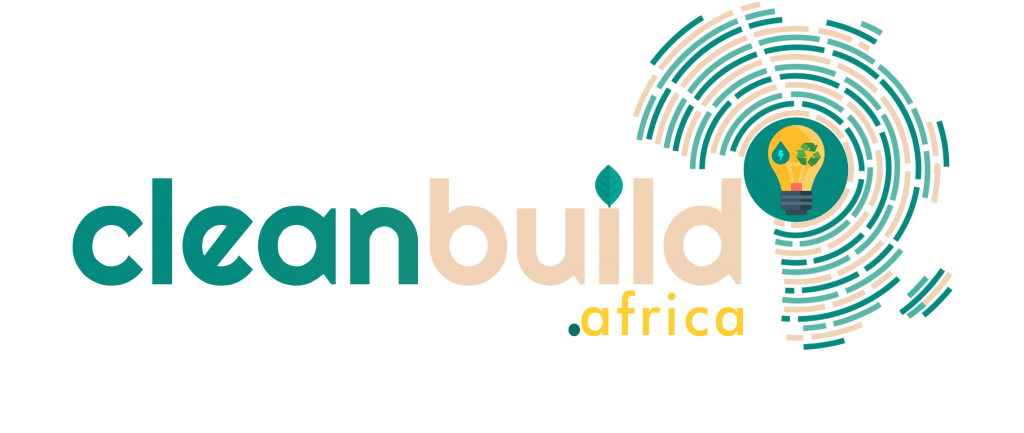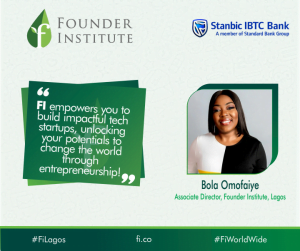Did you know that presently over 120 million households across Africa lack access to reliable and affordable energy, with 60 million households expected to remain without electricity by 2030?
I didn’t either until the European Investment Bank (EIB) and the International Solar Alliance (ISA) jointly published a new study.
The research explores energy issues as well as solutions to address key affordability and investment challenges holding back off-grid solar investment across Africa.
Yes, unless urgent action is taken to tackle energy inequalities, countries in Sub-Sahara Africa might as well be chasing the wind, never reaching their ambitious plans to ensure equitable access to sustainable energy.

From the figure above, you’ll find that out of approximately 120 million households in the region lacking energy access in Africa, a third of these households are in Nigeria, DRC, and Ethiopia, nations with large populations and markets for commercial energy access products.
What does the report say? Titled ‘Commercial & Economic Feasibility Study for Enhancing Off-Grid Solar Inclusion in Sub Saharan Africa‘, the study states that, “Increased use of off-grid solar technology across Africa is essential to harness clean and affordable energy and transform the lives of millions of people”.
Drawing on EIB and ISA’s combined experience and expertise from successful off-grid deployment, the study outlines how investment can be unlocked to increase access to solar power.
According to Ambroise Fayolle, Vice President of the European Investment Bank, “the ground-breaking analysis also demonstrates how closer cooperation between African, European and global partners can unlock investment and technical barriers that hold back sustainable development and the green transition.”
In a similar vein, ISA’s Director-General said, “The joint International Solar Alliance – European Investment Bank study outlines a pathway to unlock access to off-grid solar in Africa.
This builds on proven success, expert insight, and commercial experience to identify and overcome investment gaps and financial barriers holding back off-grid solar.”
The study, based on the analysis by a global consulting firm Dalberg, sets out what can be done to increase access to clean energy to Africa’s remotest and underserved areas including refugee camps.
Access to off-grid energy investment equals a better future for millions
The new in-depth overview of recent private sector-led deployment of small-scale solar energy systems across sub-Saharan Africa identifies five key challenges that can be addressed to unlock high-impact local energy investment essential for sustainable development and economic growth on the continent. These include:
- Limited ability of customers to afford Solar Home System (SHS) products,
- Uncertainty in markets to effectively run businesses,
- High costs to serving last-mile populations,
- Cash-flow constraints stemming from working capital,
- Instability in the political and economic environment.
The research explores and analyzes off-grid markets across Africa- Uganda, Rwanda, and Nigeria- providing recommendations for effective intervention to scale up off-grid solar deployment depending on specific local issues.
Stressing the need for cooperation, the joint study argues that sharing best-practice that allows investment and technical barriers holding back off-grid solar is key crucial to scale up off-grid solar.
This, it says, will allow vulnerable and remote communities to access clean energy and deliver the sustainable development goal of universal access to reliable and affordable energy.
Collaboration with development finance partners is key
Investment challenges including affordability, working capital and exchange rate risks, and political and economic stability are some of the obstacles holding back private sector investment in off-grid solar.
The good news, according to the report, is that problems can be reduced through combining commercial financing and support from development finance partners. Consider some of the financial and non-financial interventions as shown in the image below

This is where potential partners such as the United Nations High Commission for Refugees (UNHCR), Sustainable Energy for All (SEforAll), USAID Power Africa, the World Bank, and philanthropies like Ikea Foundation and Rockefeller Foundation- all key power brokers and influencers – come in
Removing barriers to scaling up off-grid solar
The report published today examines off-grid solar investment across Africa and assesses how investment barriers including affordability, equipment supply, access to working capital, regulatory challenges, insurance, and technical expertise influence and hinder deployment.
The analysis uses solutions developed in local case studies to demonstrate the aggregated purchase of solar home systems can reduce costs and allow low-income, urban and rural communities, and refugees to access reliable energy through sustainable private sector-led off-grid solar projects.
As part of its commitment to contribute to energy access for all, the European Investment Bank is supporting 8 off-grid solar projects across Sub-Saharan Africa.
In 2020, the EIB provided EUR 5 million for private and public investment across Africa and is supporting off-grid solar across Africa including projects in, Chad, Comoros, Gambia, Kenya, Mozambique, and Uganda.
We hope to see more investments coming in. Even more importantly, we wish to see the funds being put to judicious use.

































